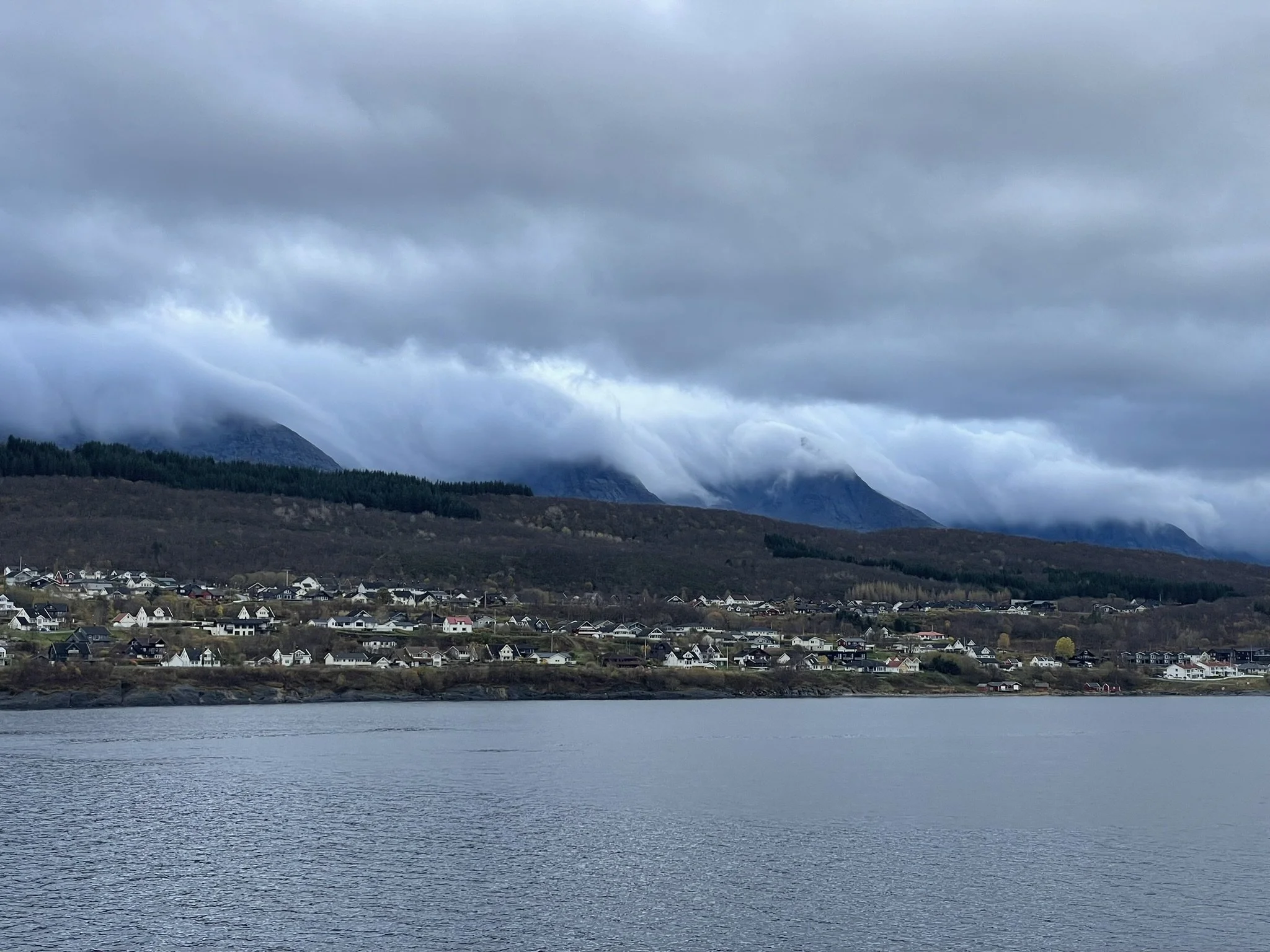Play as a Leadership Superpower
Photo: Emily Giacomini, 7 Sisters Mountains, Norway
When did you last feel genuinely energized at work? Not caffeine-fueled, but inspired by the kind of creative spark that makes complex problems feel solvable? For most leaders, that state comes not from grinding harder, but from stepping away to play.
What do you do for fun? It's not a trivial question. Play is an essential component of effective leadership, and the research supports it. Regular play generates breakthrough solutions to persistent challenges, builds the resilience needed to handle difficult decisions, accelerates learning when adopting new skills, reduces fear that keeps leaders from necessary risk-taking, and maintains the mental flexibility required to pivot as markets shift. When you play, you're not escaping from leadership, you're training for it.
Play comes in countless forms. It could mean board games, online gaming, physical activities like volleyball or hiking, dance classes, building or crafting, or exploring new places near or far. Anything that captures your attention in an engaging, intrinsic way qualifies as play. The key is that it feels chosen, not obligatory, and energizing rather than depleting.
This month I had the incredible opportunity to visit Norway on a cruise- what a gorgeous natural playground! The endless sea, over 230,000 islands, towering walls of bare rock in the fjords, distant snow-covered mountains, colorful simple homes right on the water's edge, shower curtains of ever-evolving northern lights, burgeoning fall foliage and expansive vistas from verdant hilltops all left my soul breathless in awe. At some point, words became worthless in the face of such beauty. To me, this was intensely energizing play and deeply linked to freedom- the chance to go beyond the confines of daily life, expanding my horizons beyond what I could have imagined on my own. It was surprising how easy it was to step away from the structures of life which normally feel so "real" to step into a whole new world and a feeling that almost anything is possible.
The effects of play can linger too. After a fun activity you may suddenly see options that had seemed concealed before. Problems that had felt immovable become puzzles worth exploring. This is one benefit of play- it resets the mental frame and reminds us creative solutions exist beyond our current field of vision.
One public servant I know took improv classes weekly for several months. He wasn’t training to be a comedian- he was practicing the "yes, and" principle that transformed how he communicated with his direct reports and increased his capacity to respond in the moment. Another client I know sometimes stops off after a full day at the office to go sailing at a venue close to work, which both renews her mind and allows her to avoid the busiest part of rush hour. She returns to her desk the next day refreshed personally so she can give her best and bring new ideas to the table. These aren't indulgences. They're investments in leadership capacity.
This week, treat play as serious professional development. Block time on your calendar- 30 minutes, a few hours, whatever you can commit to- and do something genuinely fun. It could be as simple as baking cookies with a child, visiting an art gallery, or dancing to a song you love. If you're ready for a bigger challenge, envision a getaway to take in new sights and put it on the calendar.
Then track the impact. Did you approach your next team meeting differently? Did a solution emerge for that nagging operational or cross-cultural challenge? Did you listen more effectively to your direct reports? Were you more present with the people who matter most? Pay attention to how play shifts not just your mood, but your actual capacity to lead.
The leaders who achieve the visions they hold for themselves and their organizations aren't the ones who work the longest hours. They're the ones who maintain access to their full creative and cognitive range. Play isn't a break from that work- it's how you sustain it.
What will you do for fun this week?
